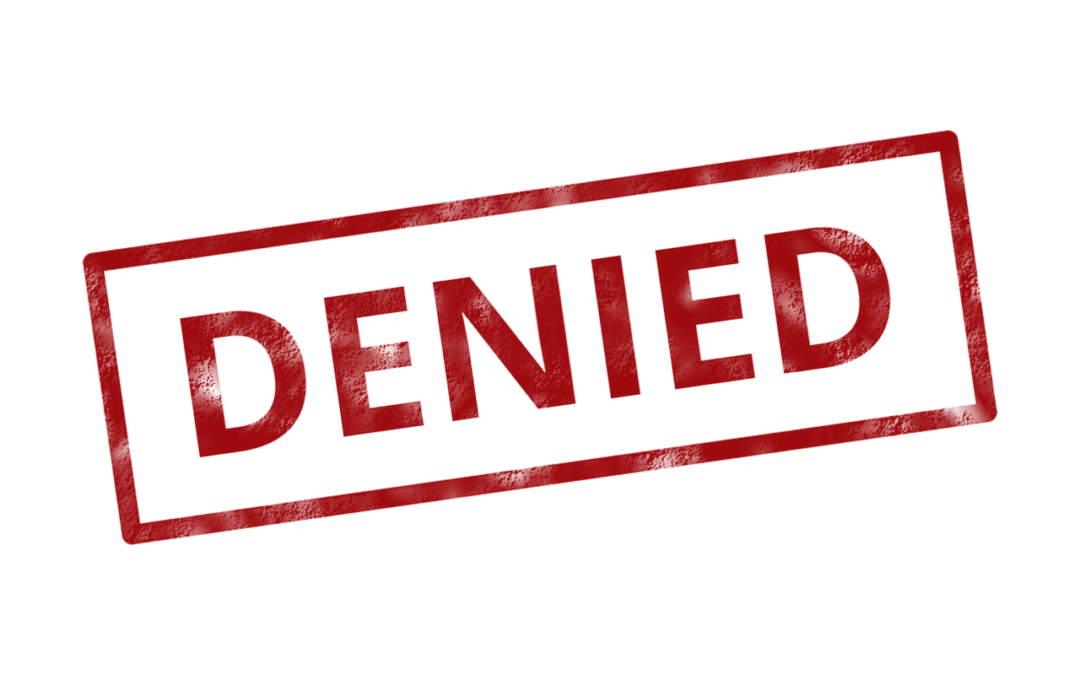What Happens if Someone Objects to My Chapter 13 Bankruptcy Plan?

The core of Chapter 13 bankruptcy is a three to five year repayment plan. A proposed plan must either be filed with the bankruptcy petition or within 14 days of filing. In the proposed plan, the debtor sets forth the amounts he or she plans to pay to each creditor, including any proposed changes to principal balances or interest rates, and the monthly amount to be paid to the bankruptcy trustee.
If the plan is confirmed, then the debtor simply makes plan payments as scheduled for the duration of the plan, while keeping new payments that come due current. Certain circumstances, such as job loss, a medical crisis, an increase in income, or an inheritance may require changes. But, under normal circumstances, the debtor just continues to make regular payments to the trustee until the plan is successfully completed.
However, it’s not a given that the Chapter 13 plan will be confirmed.
Who Can Object to Confirmation of a Chapter 13 Bankruptcy Plan?
Objections by the Bankruptcy Trustee
Many objections from the bankruptcy trustee will revolve around compliance with bankruptcy law or feasibility of your plan.Some common reasons that bankruptcy trustees object to chapter 13 plans include:
- You have failed to provide required documentation, such as proof of income, that the trustee needs to evaluate your Chapter 13 plan
- You have not included or have not provided for full payment of debts that must be repaid in a Chapter 13 case
- You do not appear to have sufficient income to successfully make the proposed Chapter 13 plan payments
- Your plan does not provide for unsecured creditors to receive at least the amount they would have if you had filed for Chapter 7 bankruptcy (the “best interest of creditors test”)
- You have not committed all of your disposable income and are proposing a less than 100% plan
The trustee may also object to confirmation of your chapter 13 plan if you have fallen behind in plan payments prior to the confirmation hearing.
Objections by Creditors
Some creditors are paid in full through the Chapter 13 bankruptcy plan. But, unsecured creditors often receive less than full payment, or no payment at all. And, the proposed plan may include other elements that a creditor disagrees with, such as valuation of a piece of property that serves as security for a debt or a proposed reduction in interest rate.
Some common reasons creditors object to Chapter 13 plan confirmation include:
- Disagreement about the outstanding balance on the debt
- Disagreement about the past-due amount
- Objection to a “cramdown” of an automobile loan
- Disagreement about the classification of the debt
What Happens When the Trustee or a Creditor Objects?
An objection from the trustee or a creditor isn’t the end of the road. When a creditor or trustee makes an objection, the first line of defense is often for your bankruptcy attorney to try to work with the objecting party to reach an agreement.
If the trustee objects to confirmation because you haven’t provided adequate information, you may be able to resolve the issue by providing the requested documentation promptly. If you have failed to provide for full payment of a creditor who must be repaid, you and your attorney can try to rework your plan to include the required payment and submit an amended plan. If a creditor objects to your valuation of an asset, your attorney may provide additional information to the creditor or trustee supporting the listed value, or the parties may agree to split the difference or to hire an appraiser to settle the dispute.
In short, you and your attorney may be able to resolve the issue that triggered the objection in advance of your confirmation hearing. In that situation, the creditor or trustee will likely withdraw the objection, leaving the way clear for confirmation. If you can’t correct the problems or come to a resolution with the objecting party, you’ll have an opportunity to file a response to the objection.
The Chapter 13 Confirmation Hearing
Ultimately, it is the bankruptcy court judge who decides whether or not to confirm your Chapter 13 plan. So, even if you are not able to come to an agreement with the creditor or trustee, your bankruptcy attorney will have the opportunity to argue in favor of your plan at your confirmation hearing. The local rules of the U.S. Bankruptcy Court for the District of Nevada allow individual trustees to create rules and processes around certain administrative issues such as the scheduling of a confirmation hearing. So, it is very important to communicate with the trustee and to make sure you understand exactly what is expected of you. Of course, if you work with a Las Vegas bankruptcy attorney, your lawyer will manage the process, so you won’t have to be concerned about learning the rules and procedures.
Your bankruptcy attorney will be able to provide more specific information about the likelihood that you will be able to persuade the judge to approve your plan, or the changes you may need to make in order to secure confirmation.
If you’re considering Chapter 13 bankruptcy, or you are unsure whether Chapter 7 or Chapter 13 might be the right solution for you, schedule a free consultation right now. An attorney at Freedom Law Firm will explain your options and the pros and cons of each so that you can make an educated decision about how to move forward. Just call 702-903-1459 or fill out the contact form on this page.
